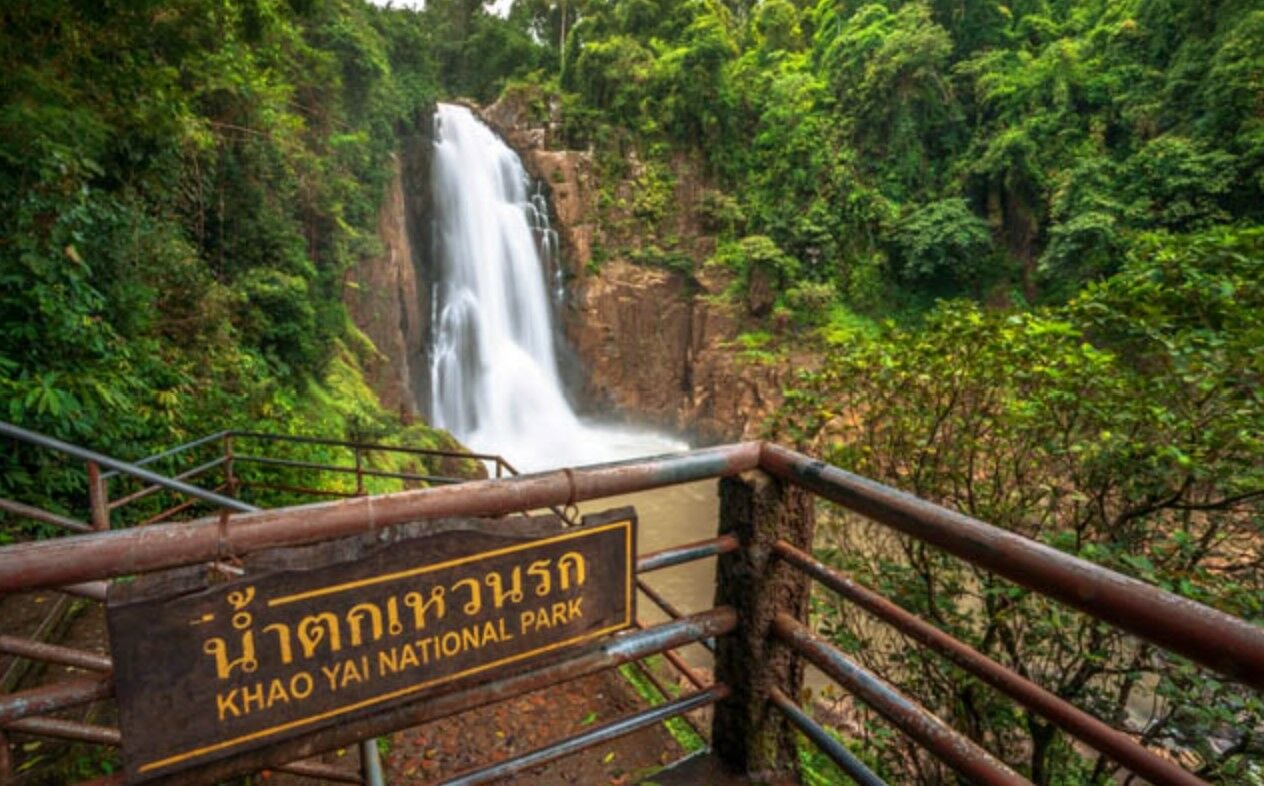Thailand tourism takes a tumble: WEF report

Thailand’s tourism industry has suffered a dramatic setback, plummeting 11 spots in the latest World Economic Forum (WEF) Travel and Tourism Development Index, leaving experts calling for urgent investment and innovation.
In a devastating blow to the Thai government, which reported a modest 1.5% growth in the first quarter of 2024, the WEF index revealed Thailand’s fall from 36th to 47th place. This drop has sent shockwaves through the travel and hospitality sectors, with leaders urging immediate and comprehensive action.
The WEF’s index, a meticulous assessment of a nation’s travel and tourism industry, uses sustainability, socioeconomic, and environmental factors, combined with stakeholder consultations, to gauge performance. It comprises five pillars: Business Environment, Safety and Security, Health and Hygiene, Human Resources and Labour Market, and ICT Readiness.
Sandy Liw, general manager of InterContinental Khao Yai Resort, emphasised the need for infrastructure improvements, particularly in lesser-known areas.
“The government should consider upgrading and expanding transportation infrastructure, including airports, roads, and public transit systems, to improve accessibility and convenience for tourists. Remote areas like Khao Yai, a beautiful yet underexplored destination, would greatly benefit from such enhancements.”
Liw also highlighted the potential impact of completing new highways or introducing high-speed trains to boost accessibility.
“Investment incentives in tourism infrastructure and services, especially in underdeveloped areas, could be extremely beneficial.”
Sukamal Mondal, area general manager for Amari Bangkok and Shama Properties Bangkok at Onyx Hospitality Group, viewed the drop in ranking as a wake-up call.
“This report is a call to action to enhance our efforts in improving Thailand’s tourism appeal. While it’s a setback, it presents an opportunity for stakeholders to collaborate and innovate to regain our standing.”
Fundamental upgrades
Mondal stressed the need for more ground-level funding to tackle fundamental issues, citing the importance of upgrading transportation networks and modernising accommodation facilities. He also advocated for stronger public-private partnerships to address ongoing challenges and foster innovative solutions.
Anne Arrowsmith, general manager at 137 Pillars House Chiang Mai, urged a broader strategic approach to regional tourism.
“Regional tourism requires a bigger spotlight, especially with respect to increased and more geographically diverse international flight arrivals. Chiang Mai, for instance, has seen a surge in hotel supply, but inbound flights haven’t yet reached pre-Covid levels.”
Arrowsmith suggested that hosting major international events could elevate Thailand’s profile, reported TTG Asia.
“Securing key sporting events could greatly enhance the country’s appeal. Look at what F1 did for Singapore and how Saudi Arabia is boosting its appeal through golf and tennis events.”
Latest Thailand News
Follow The Thaiger on Google News:


























